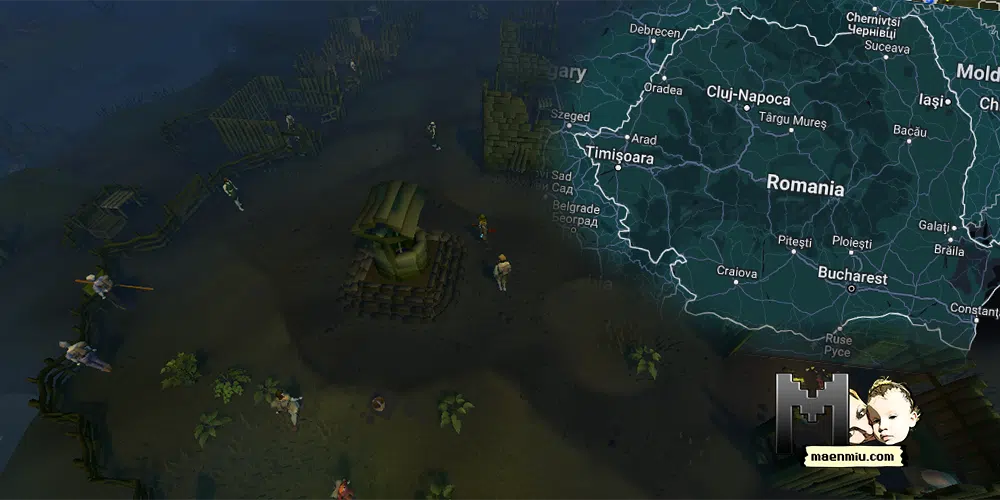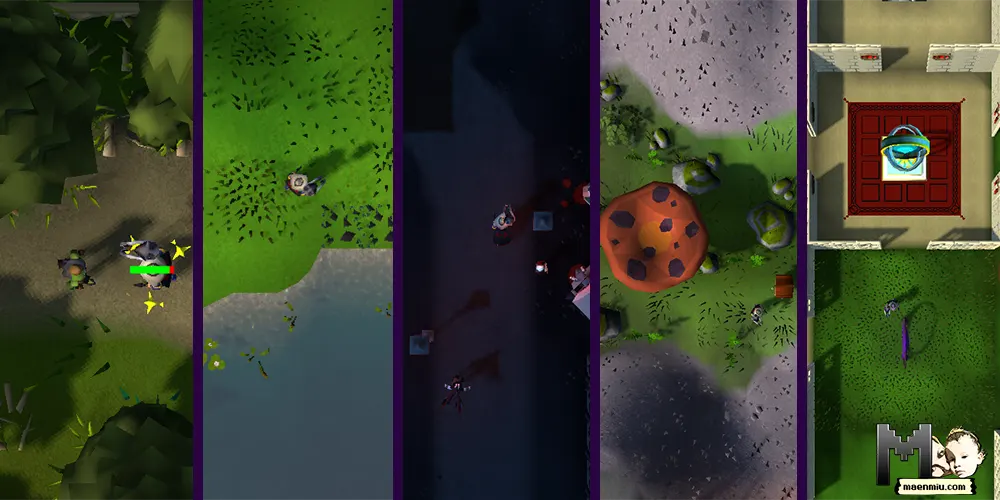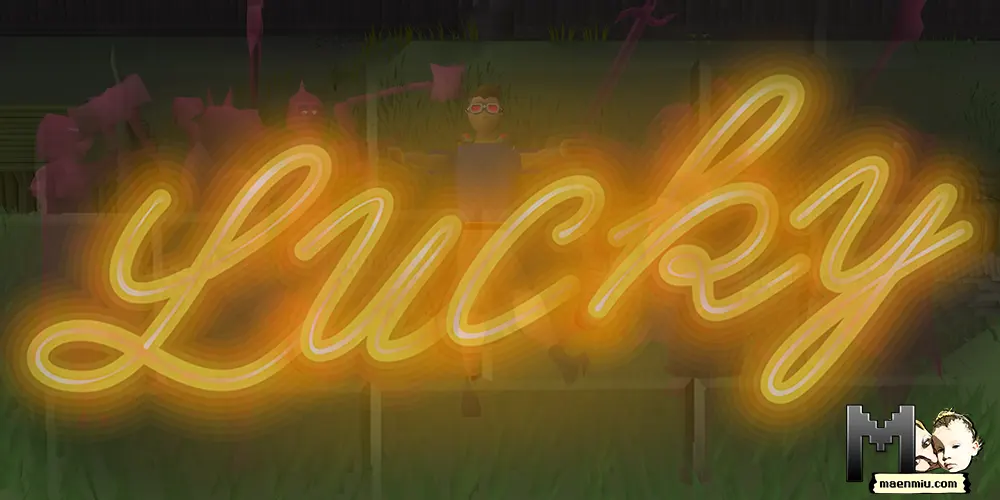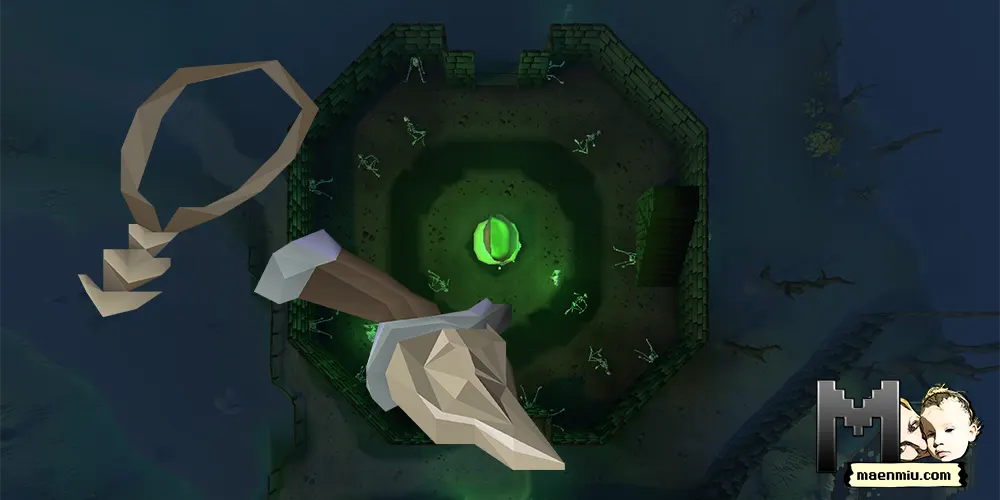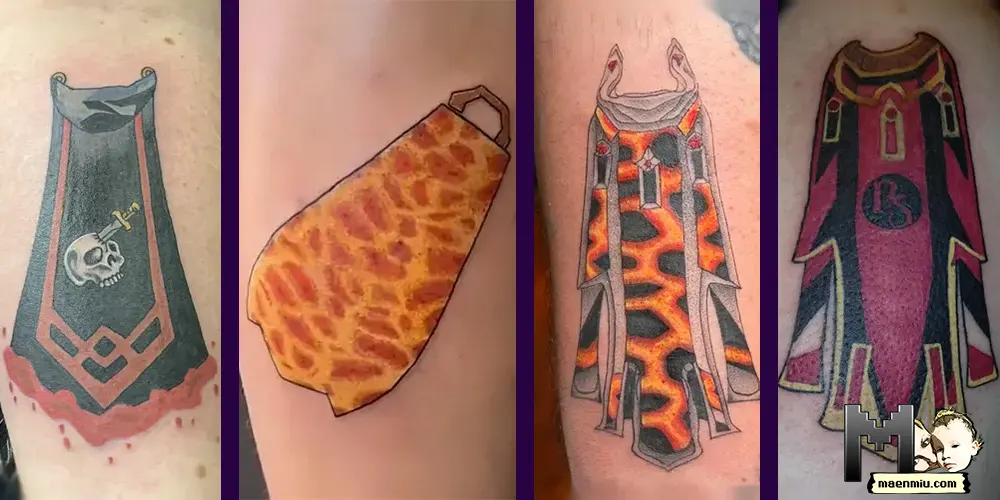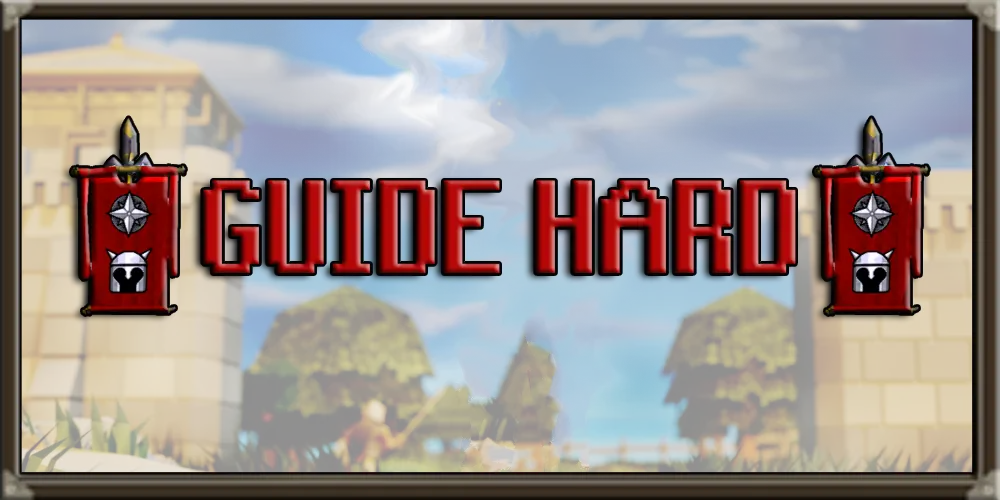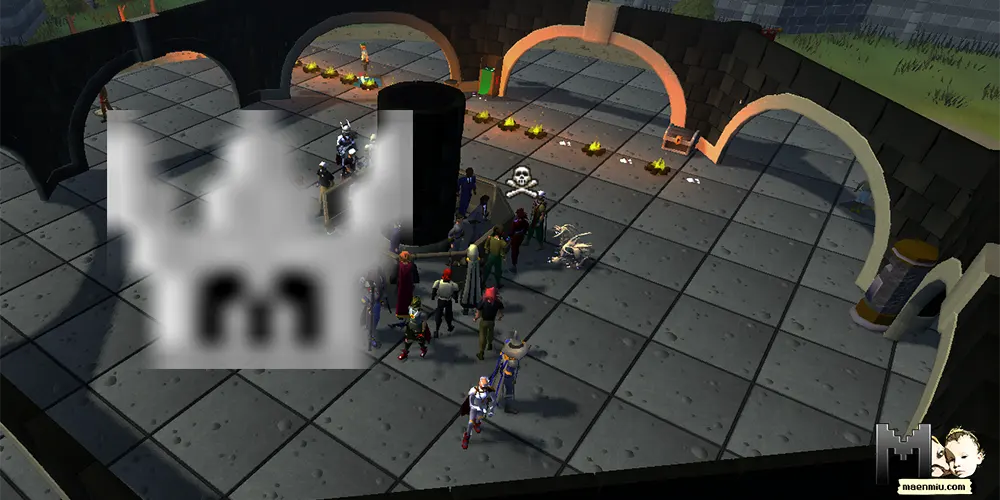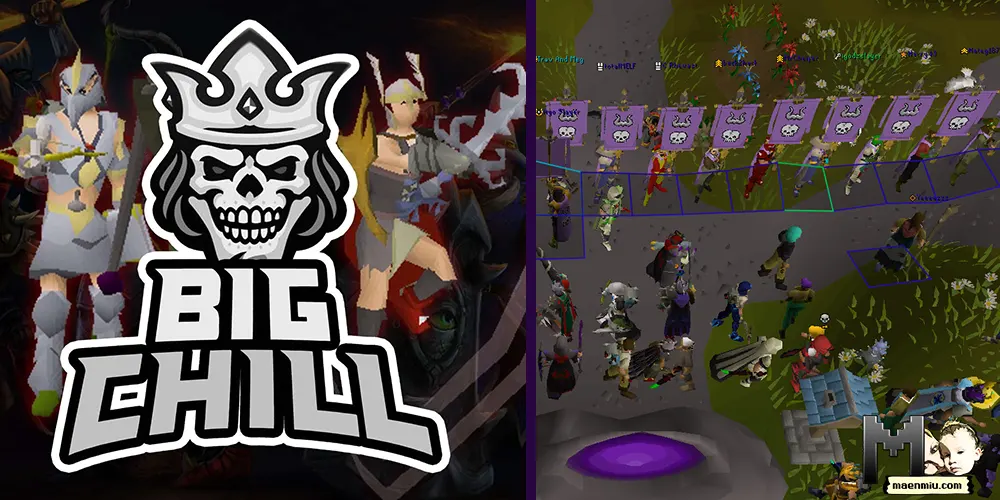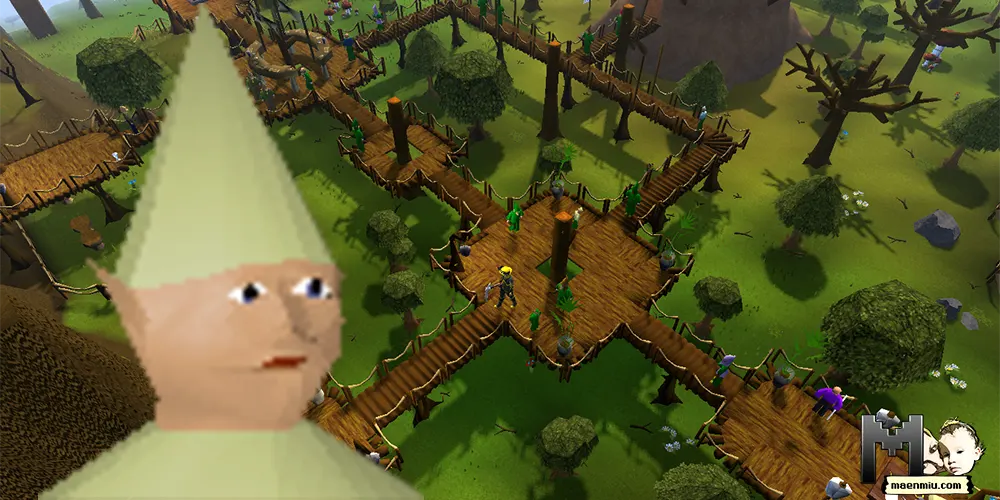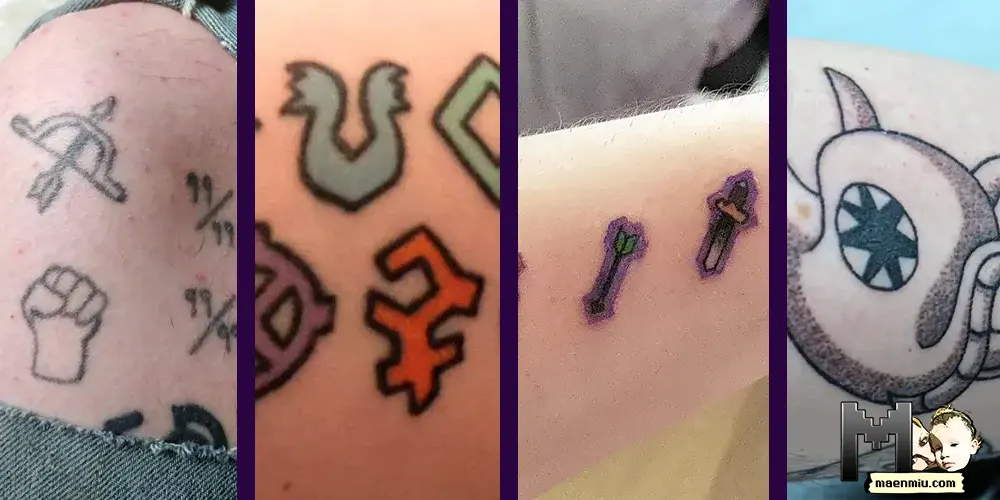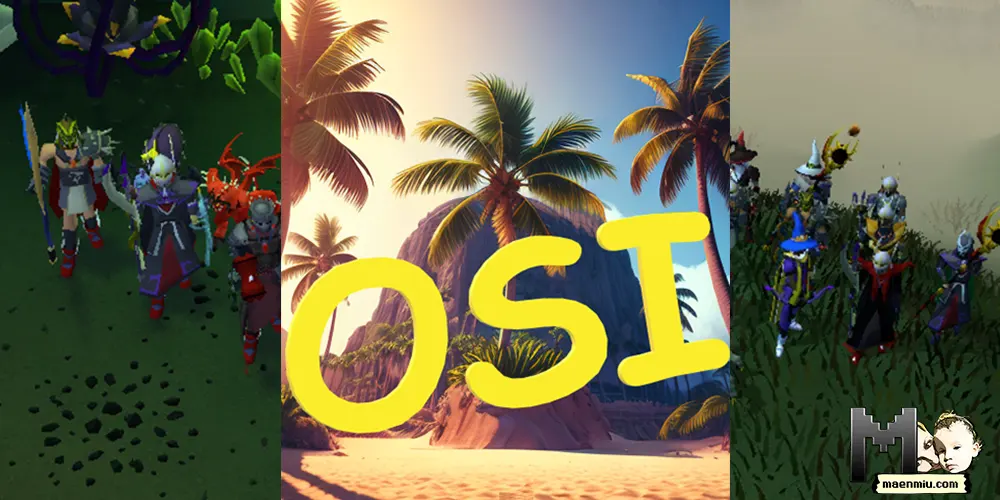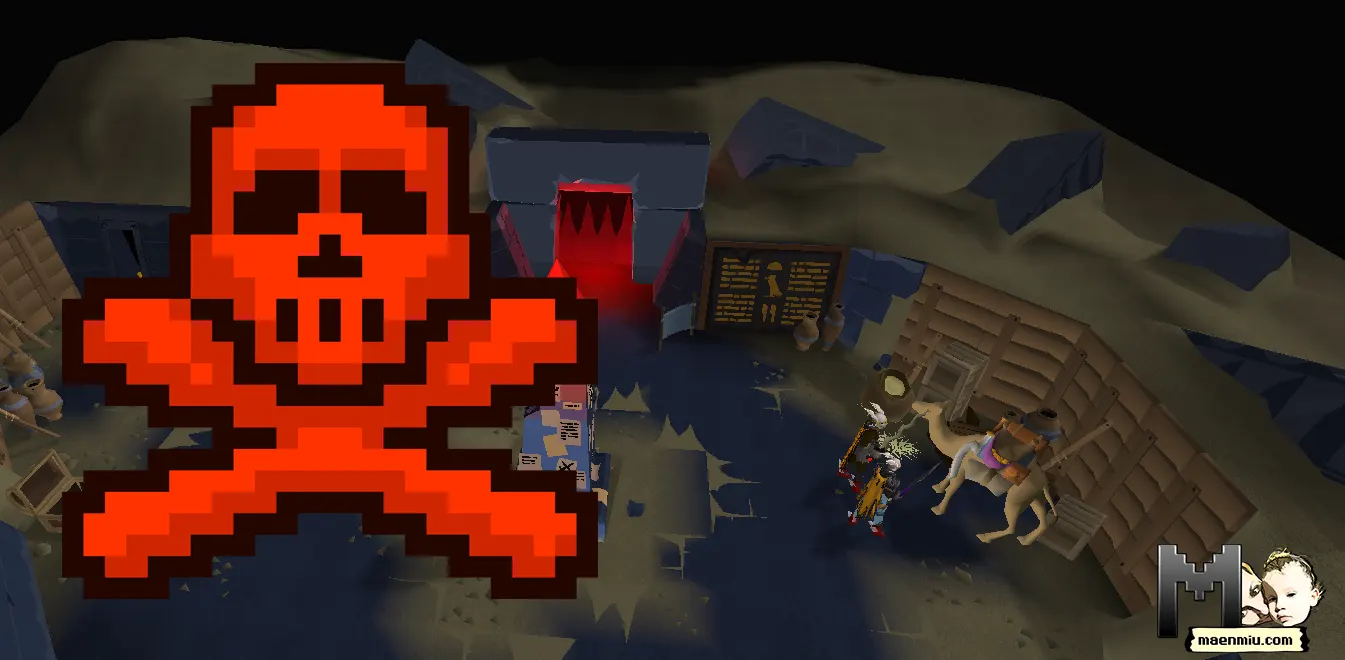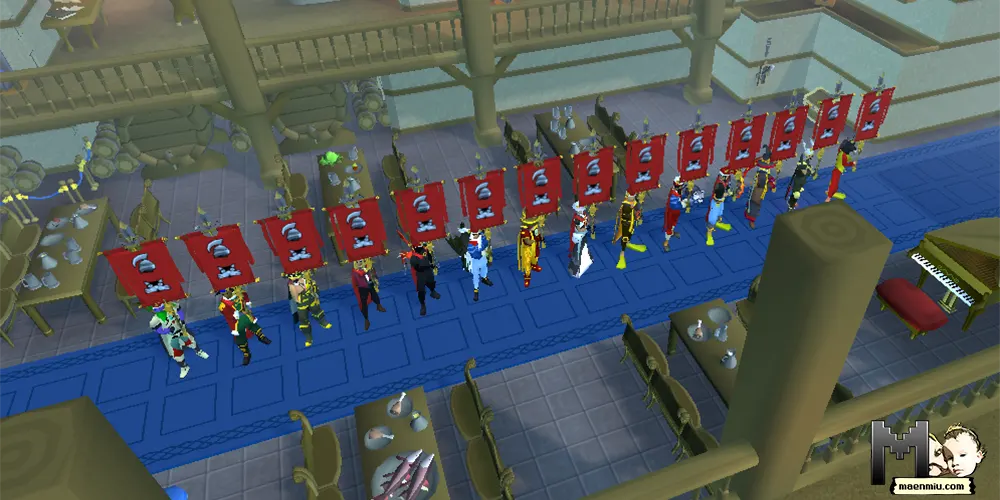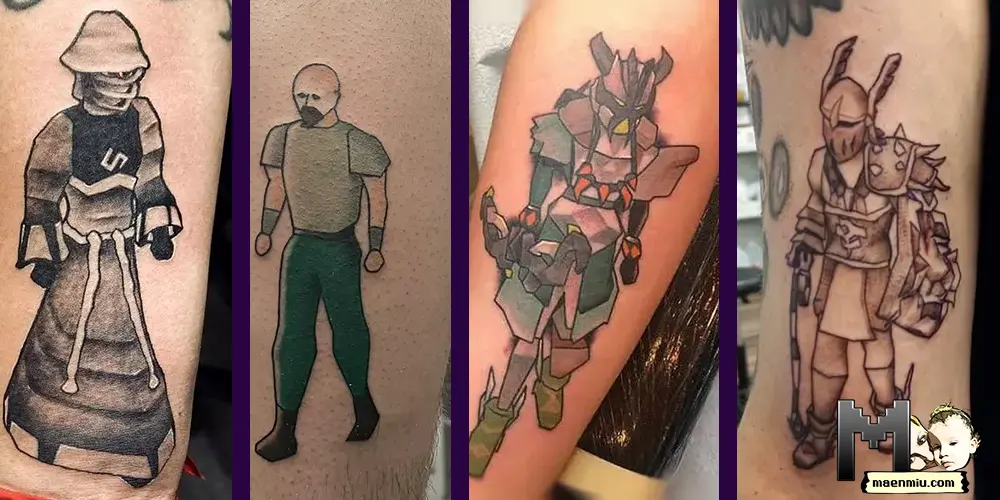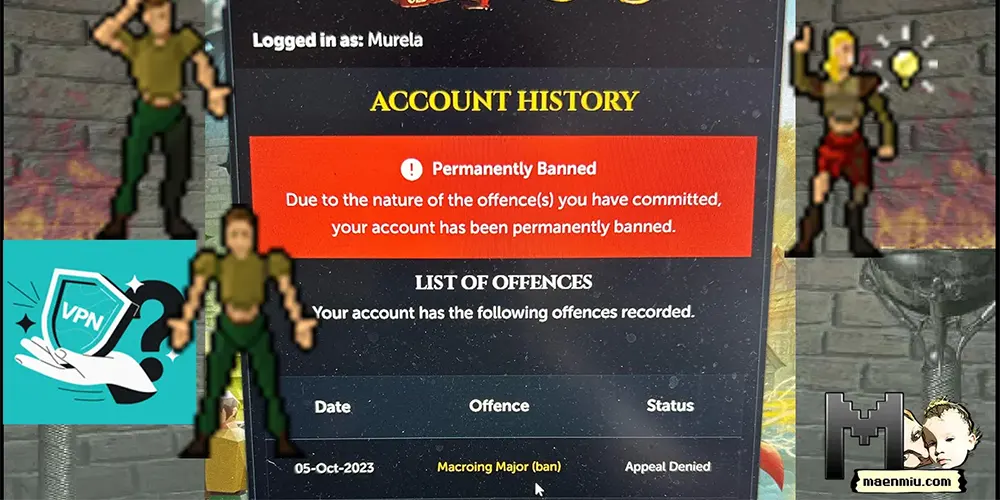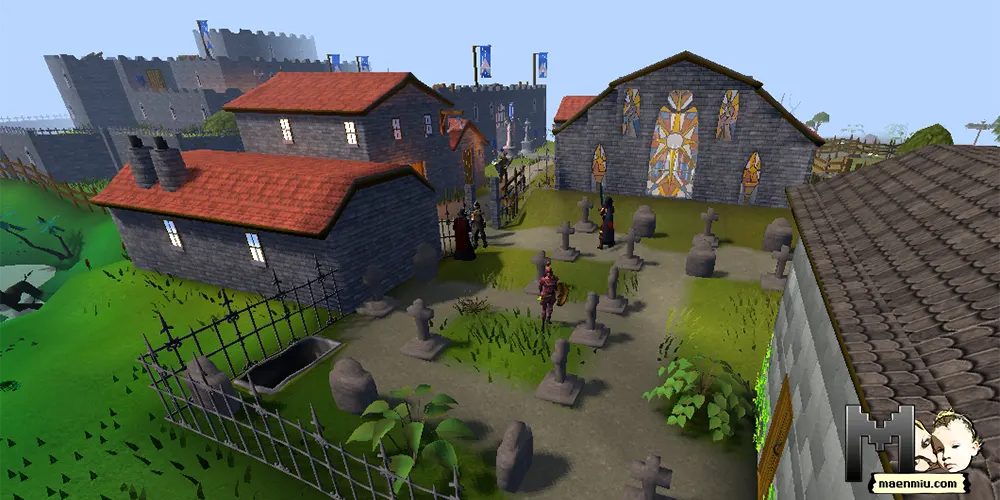
The term “permadeath,” which is short for “permanent death,” has been a common term in video gaming for many years. It’s unclear who exactly coined the term, as it likely emerged naturally from gaming communities. However, it is well-known that the concept itself has been a part of video gaming since the early days of the medium. Permadeath generally strikes fear into the hearts of video game players, since it refers to a game mechanic where a player’s character permanently dies, erasing progress and often leading to a full game restart. One mode that frequently employs this mechanic is the Hardcore Ironman mode found in games like Runescape and Diablo .
Hardcore Ironman Mode is a unique and challenging way to play Old School RuneScape (OSRS). It was designed to give players a new sense of risk, tension, and reward by adding extra restrictions and challenges. On short the HCIM rules are:
- Permadeath: Death is permanent, barring a few exceptions. Once you die, you lose the Hardcore Ironman status.
- No Trading: You can’t trade with other players or use the Grand Exchange.
- No PvP: You can’t engage in player vs. player combat.
- Demotion to Standard Ironman: If you die and have no extra lives, your account is converted to a standard Ironman account.
Permadeath and Hardcore Ironman Mode radically change a player’s approach to gaming. By introducing a real and permanent threat to the player’s progress, these game modes foster an entirely new level of strategic planning, caution, and risk assessment.
You might like
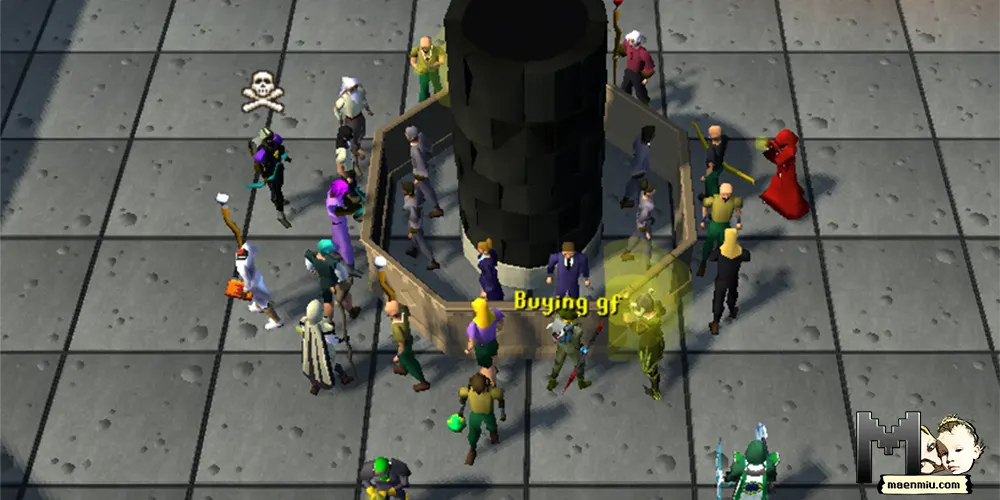
The Psychology behind HCIM
Gamers engage in permadeath games for a variety of reasons, from seeking the thrill of high stakes to relishing the satisfaction of successful risk management. This gaming mode induces a level of stress and anxiety unusual in other formats, directly impacting decision-making and strategy development. The psychology of permadeath gaming hinges on this “risk vs. reward” dynamic, creating an engaging and sometimes daunting gaming experience.
Player behaviour shifts dramatically under the looming threat of permadeath. Players become more cautious, their in-game decisions bear more weight, and they generally spend more time strategizing. The social aspect of gaming evolves as players unite over shared experiences of tension and triumph, or loss and lament. Playing a Hardcore Ironman involves navigating a world where every decision has real, lasting consequences due to the risk of permadeath. This framework creates a rich environment to observe psychological phenomena.
Risk Assessment
The constant threat of permadeath forces players to constantly evaluate risk. For example, deciding whether to fight a high-level monster or enter a dangerous area involves weighing the potential reward against the risk of death and losing everything. This risk-reward evaluation mirrors real-life decision-making processes, particularly in high-stakes environments like investment and business.
Stress and Anxiety
The high-stakes environment of Hardcore Ironman Mode can lead to stress and anxiety. Players must learn to manage these emotions to play effectively. For instance, venturing into the Wilderness, a PvP-enabled area where players risk losing their items upon death, can cause significant stress. Over time, players may develop coping strategies to deal with this stress, such as preparation and planning, and applying these strategies can lead to less anxiety and more effective gameplay. Having items that will teleport you out of the danger zone can also feel extremely reassuring, and such is the case of the escape crystals sold by the mysterious strangers outside of Theatre of Blood.
Building Resilience
Repeated cycles of progress and loss in Hardcore Ironman Mode can build resilience, the capacity to recover quickly from difficulties. Each death can be viewed as a learning opportunity, leading to increased adaptability and mental toughness. Overcoming the loss of a character and starting over can also help players develop persistence and determination.
Social Dynamics and Cooperation
Even though direct player interaction (like trading) is restricted, Hardcore Ironman Mode has a profound effect on social dynamics within the game. Players often form supportive communities, sharing advice and strategies to help each other survive. This fosters a sense of camaraderie and shared struggle, encouraging cooperation and social interaction.
Achievement and Self-Efficacy
Surviving and thriving in Hardcore Ironman Mode can give players a sense of achievement and boost self-efficacy, the belief in one’s ability to succeed. Accomplishing tasks and reaching milestones under the constant threat of permadeath can be deeply satisfying, leading to increased confidence and self-esteem. For example, defeating a challenging boss like Zulrah or reaching a high total skill level are significant achievements that can bolster a player’s sense of competence.
Other HCIM implications
Playing Hardcore Ironman Mode (HCIM) in Old School RuneScape can serve as a unique platform for self-reflection and personal growth. In the face of permadeath, the player’s decisions, reactions, and emotions are amplified, providing a mirror to their real-life attitudes towards risk, loss, and success. As players navigate their character through Gielinor under the looming threat of permanent loss, they may uncover aspects of their personality and decision-making styles that were previously unknown or unacknowledged. These revelations could inspire players to transfer the skills and insights gained from HCIM into real-life contexts, promoting personal development. Thus, HCIM, while providing a thrilling gaming experience, can also offer profound opportunities for introspection and self-discovery.
And now, more than ever, I want to start a HCIM… done!
I created this article with the partial assistance of an AI tool. Learn about my view on AI and why I’m telling you about it.

